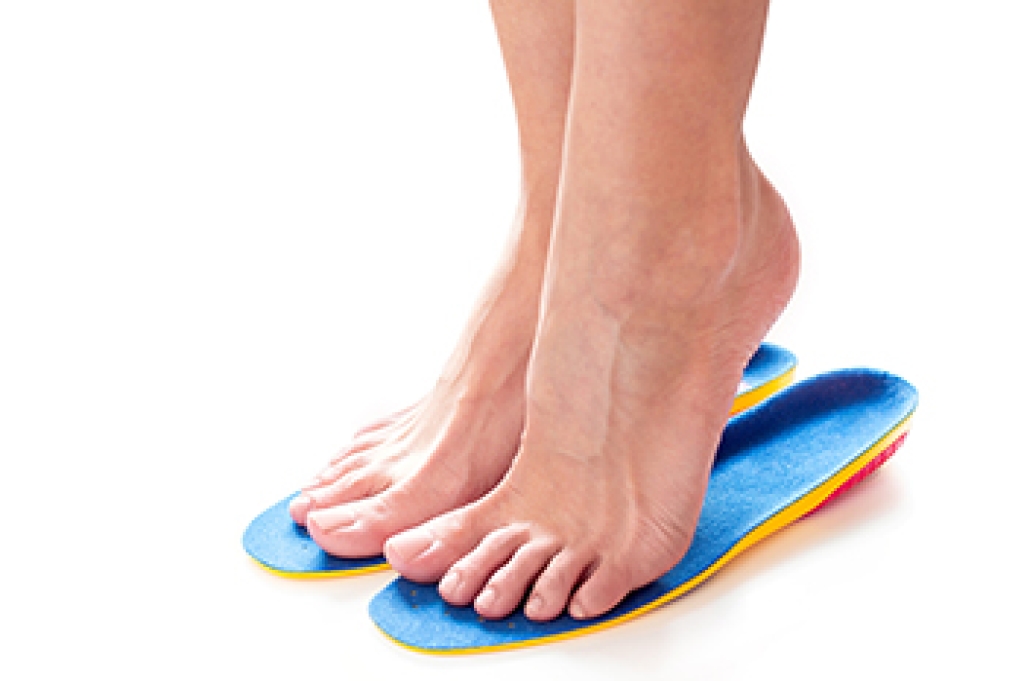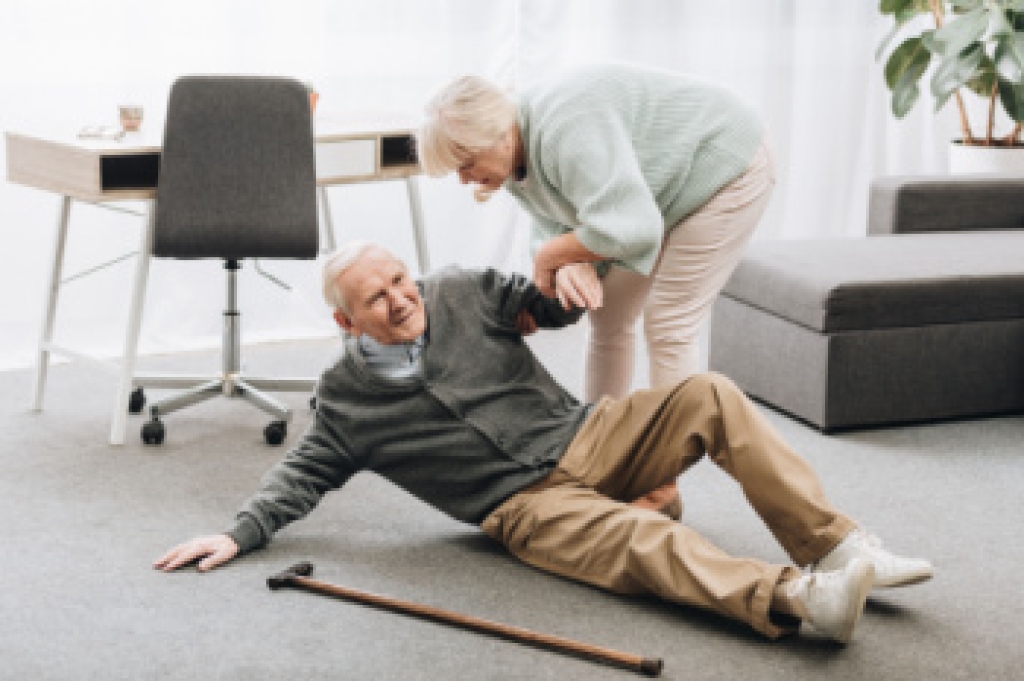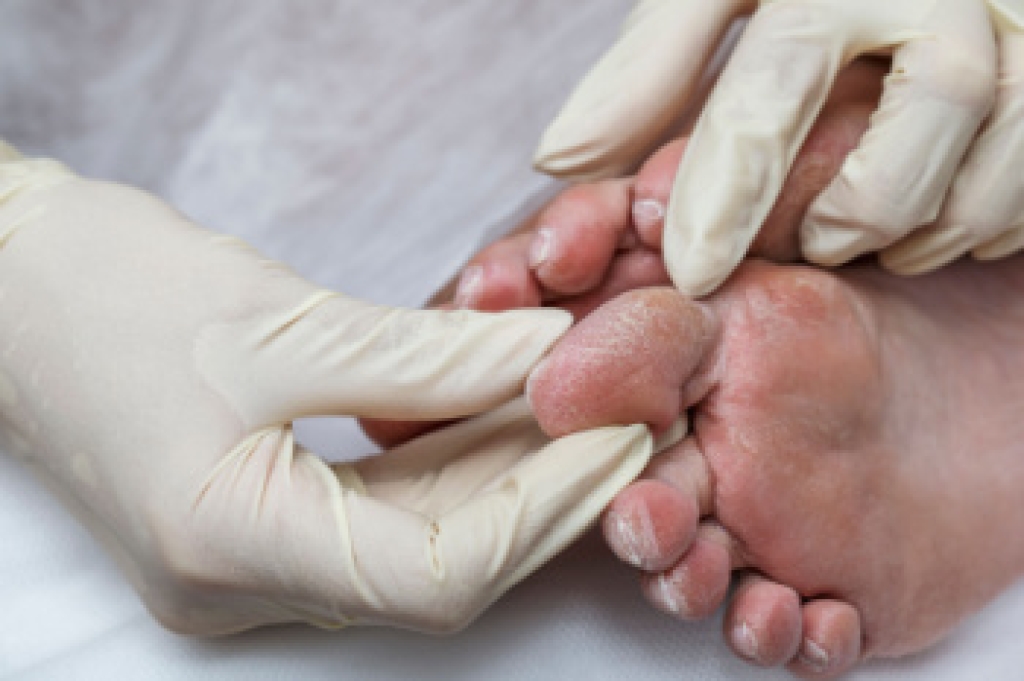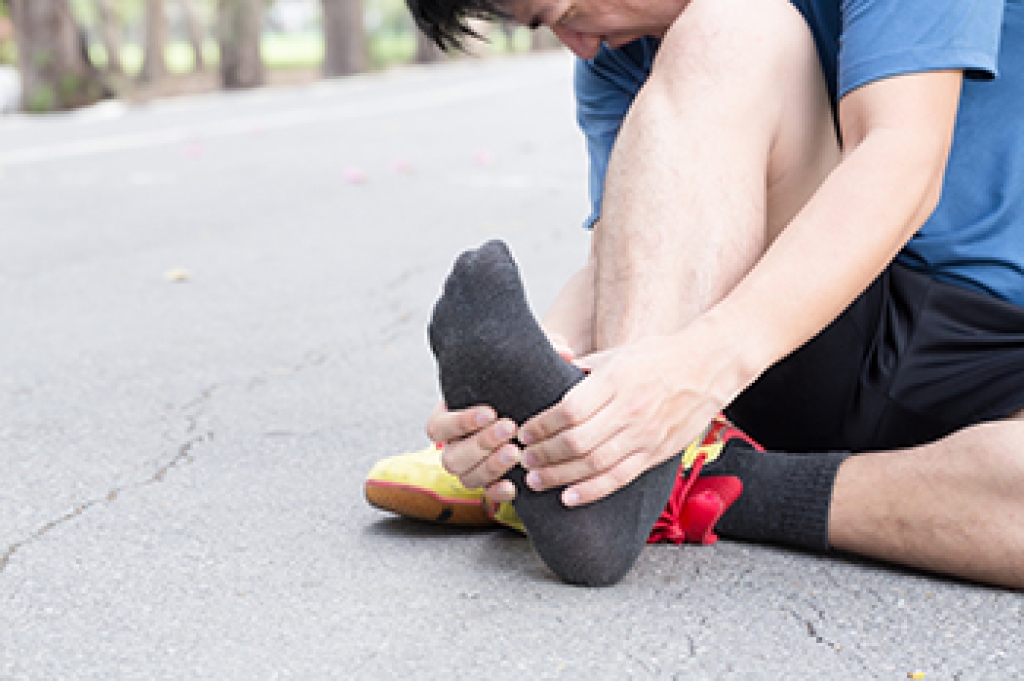
Foot and ankle disorders can develop from many causes, including long hours on your feet, uneven walking patterns, poor foot alignment, or repeated stress on the joints and soft tissues. These problems can lead to pain in the heel, arch, ball of the foot, or around the ankle. Some people notice swelling, stiffness, soreness when walking, and discomfort that grows worse during activity. When the foot and ankle do not move in a balanced way, nearby muscles and joints may take on extra stress, which can make walking and standing uncomfortable. Orthotics are inserts placed inside shoes that support the foot and help improve alignment and motion. Foot orthotics can help guide the foot through more balanced movement, reduce strain on painful areas, and support better function of the foot and ankle. If foot or ankle issues are affecting daily life, it is suggested that you schedule an evaluation with a podiatrist to see if orthotics may help improve comfort and mobility.
Custom orthotics are specialized shoe inserts created to support and align the feet according to each person’s unique structure and walking pattern. They are an effective way to relieve foot discomfort caused by conditions such as flat feet, high arches, plantar fasciitis, bunions, and heel pain. When the natural alignment of the foot is off balance, it can lead to pressure points, strain, and pain that affect how a person stands, walks, and moves. Orthotics work by redistributing weight evenly and supporting the arch to reduce stress on the muscles, tendons, and joints of the feet and lower legs.
Foot discomfort can develop for many reasons, including wearing improper footwear, long hours of standing, repetitive motion, or underlying structural problems. Over time, this discomfort can extend beyond the feet, contributing to knee, hip, or lower back pain. Custom orthotics help correct these issues by improving alignment and promoting more efficient movement. They are made using precise measurements and imaging to ensure the best fit for each patient, providing targeted support and cushioning where it is needed most.
Unlike generic insoles, custom orthotics are durable, medically designed, and tailored to your specific needs. Whether you are managing chronic pain, recovering from an injury, or simply seeking better comfort and stability, orthotics can make a noticeable difference in how your feet feel throughout the day.
If you are experiencing persistent foot discomfort or fatigue, it may be time to have your feet evaluated by a podiatrist. Call our office today for more information or to schedule an appointment.
If you have any questions, please feel free to contact one of our offices located in Holmdel and Middletown, NJ .




